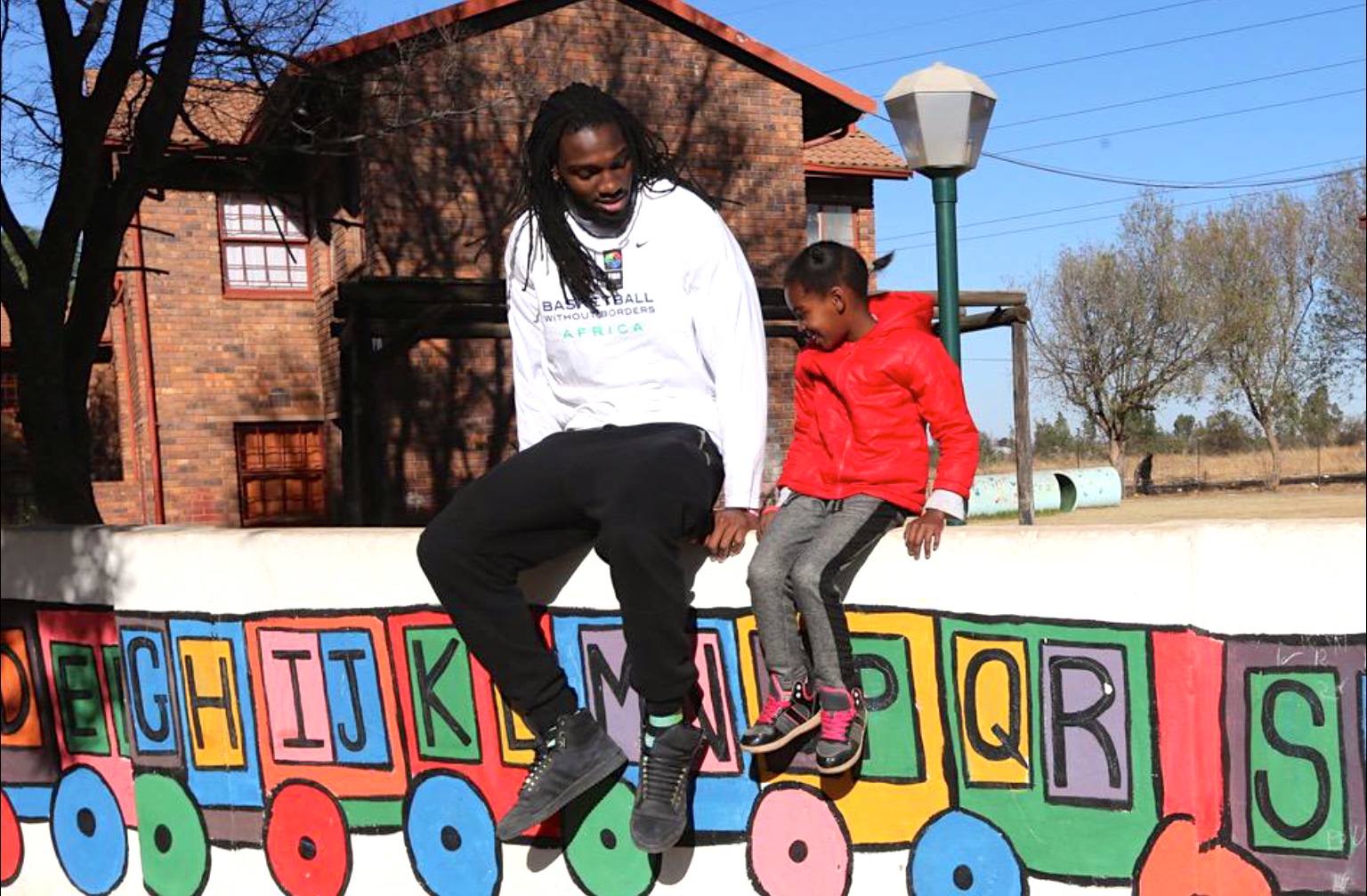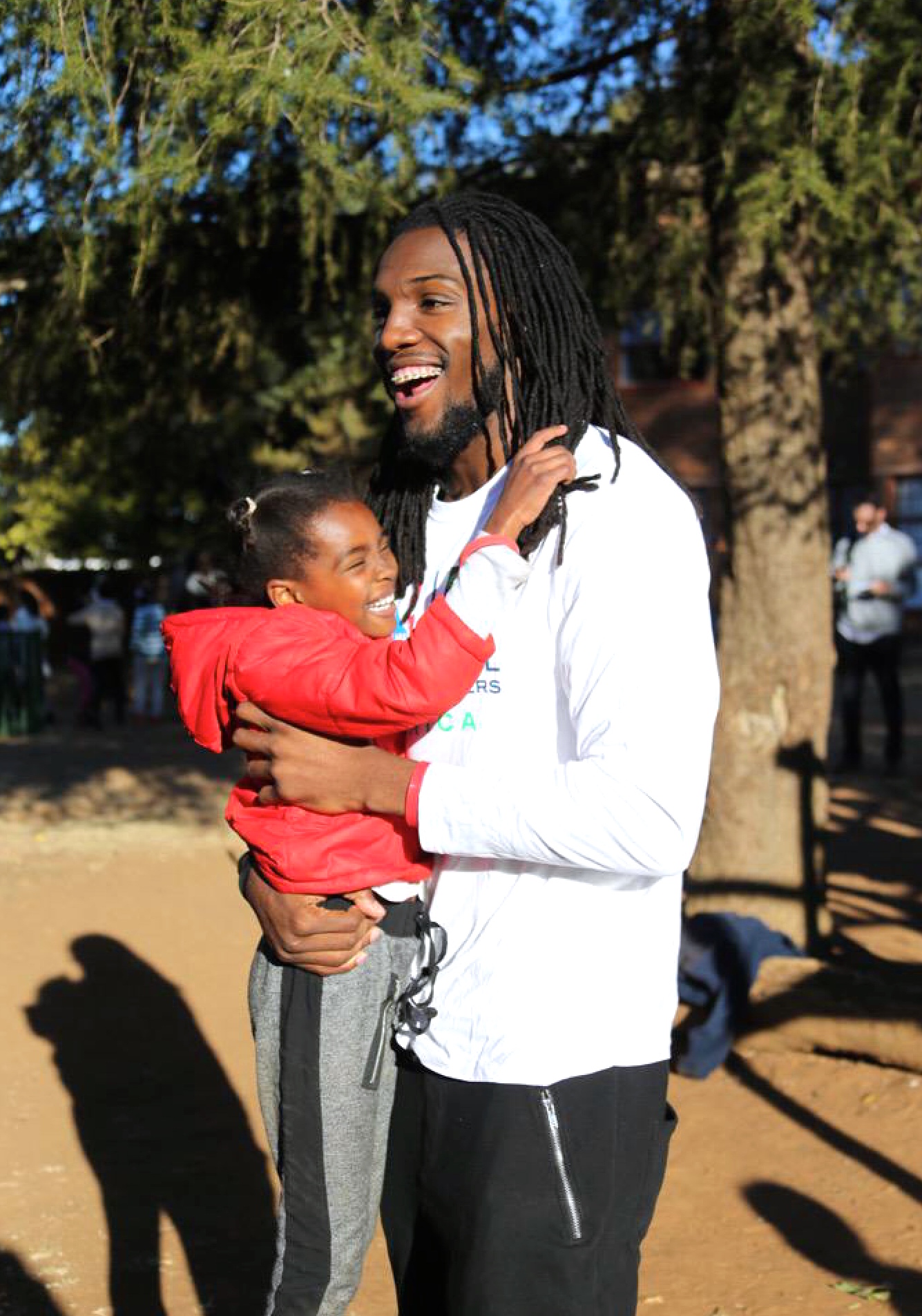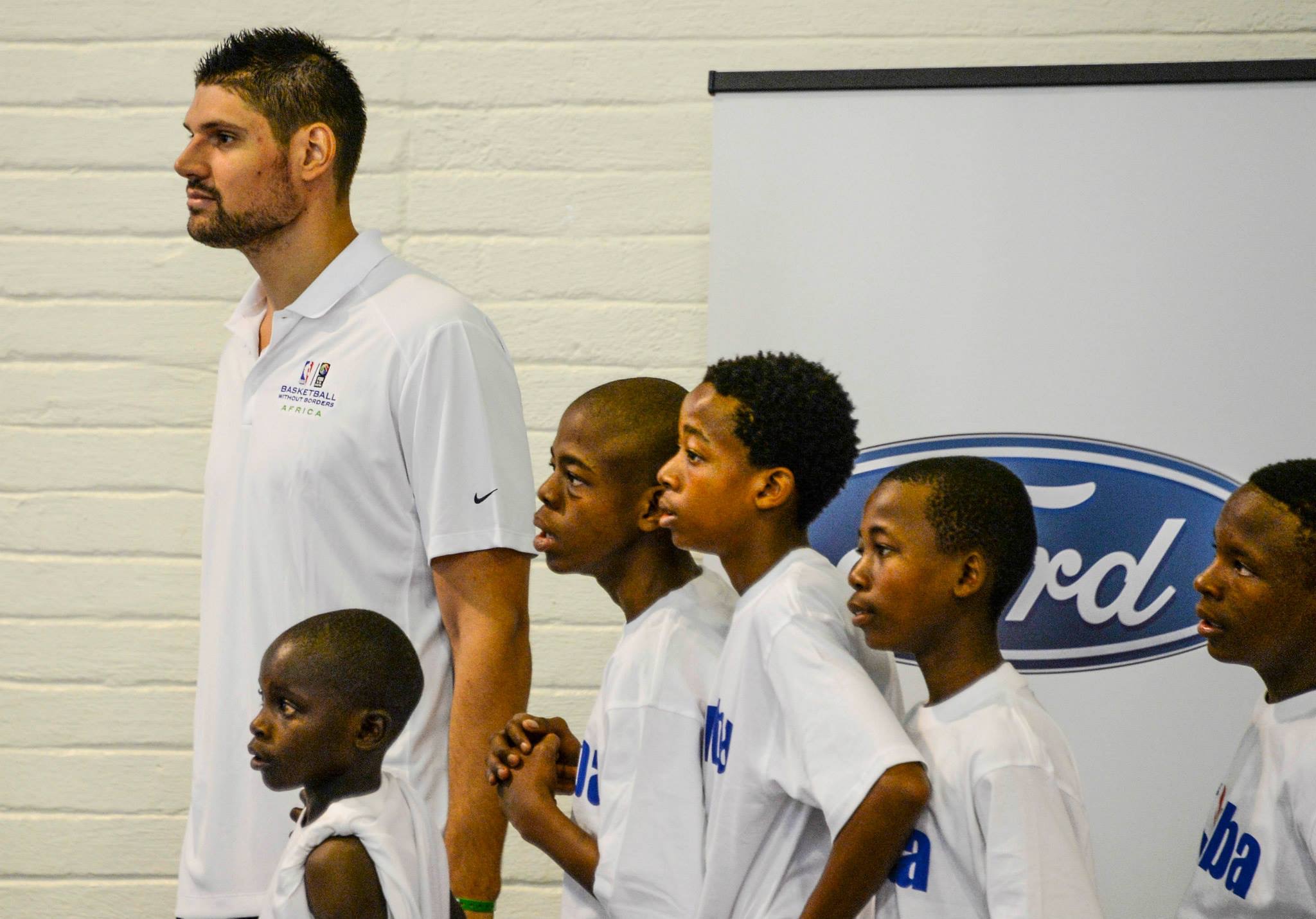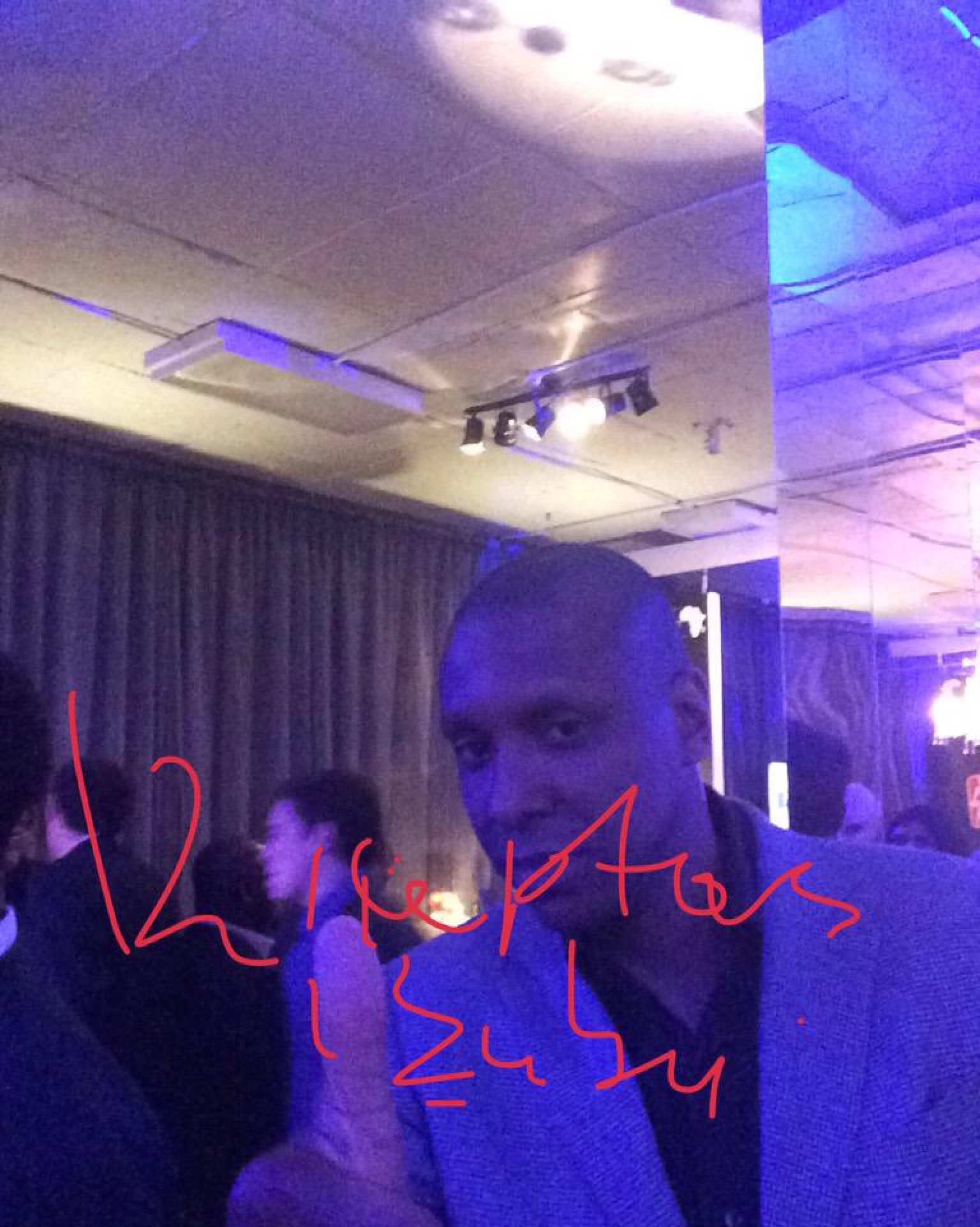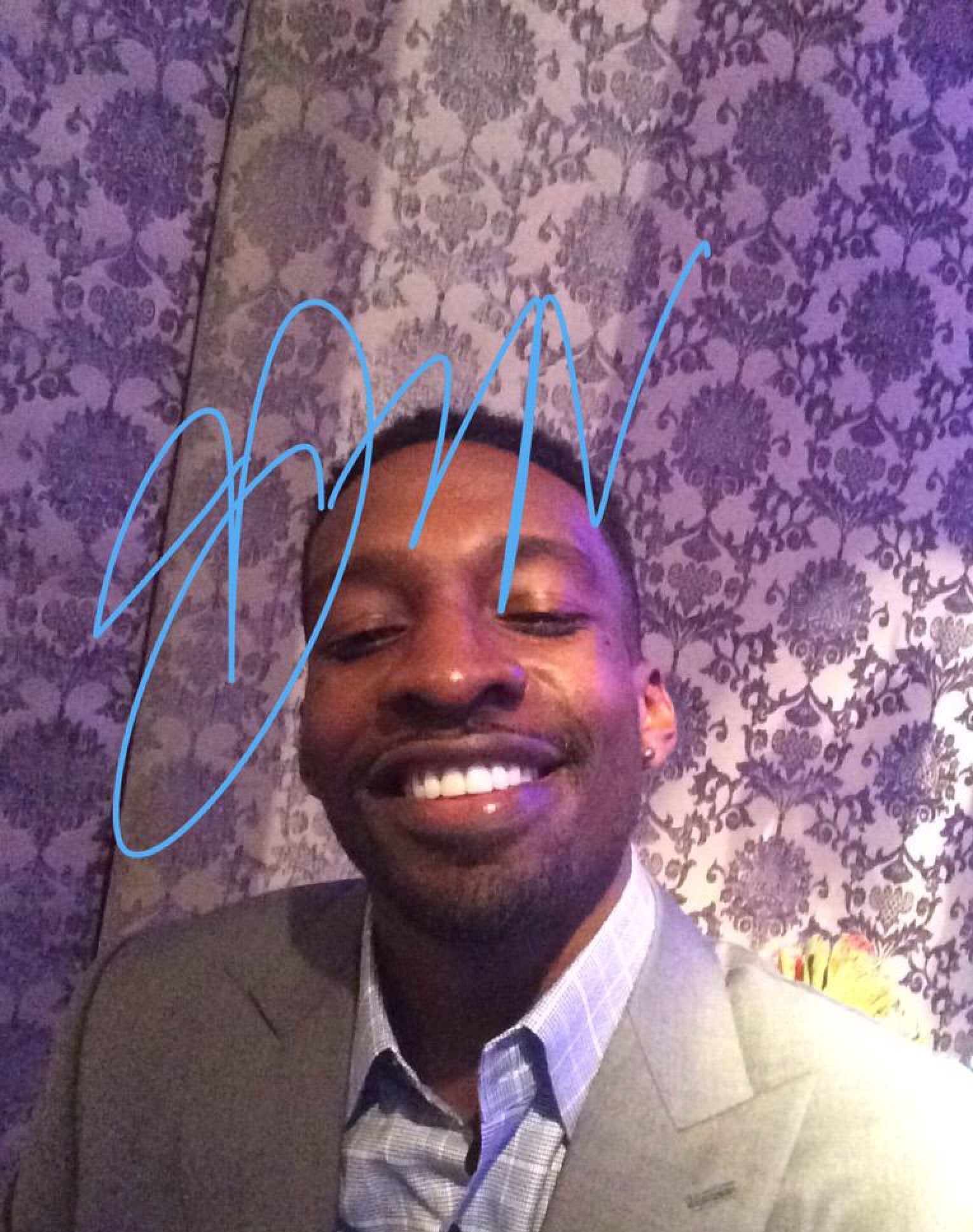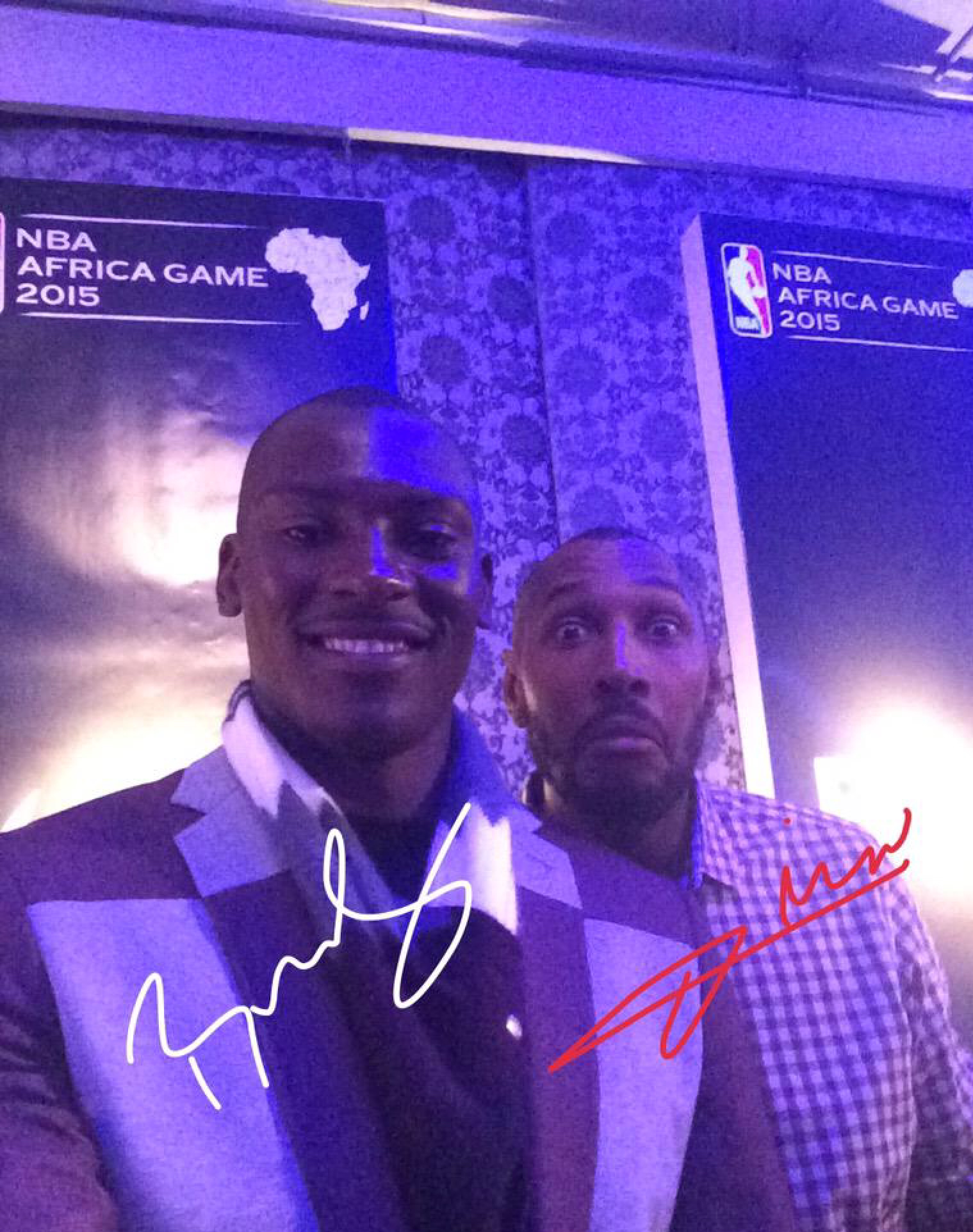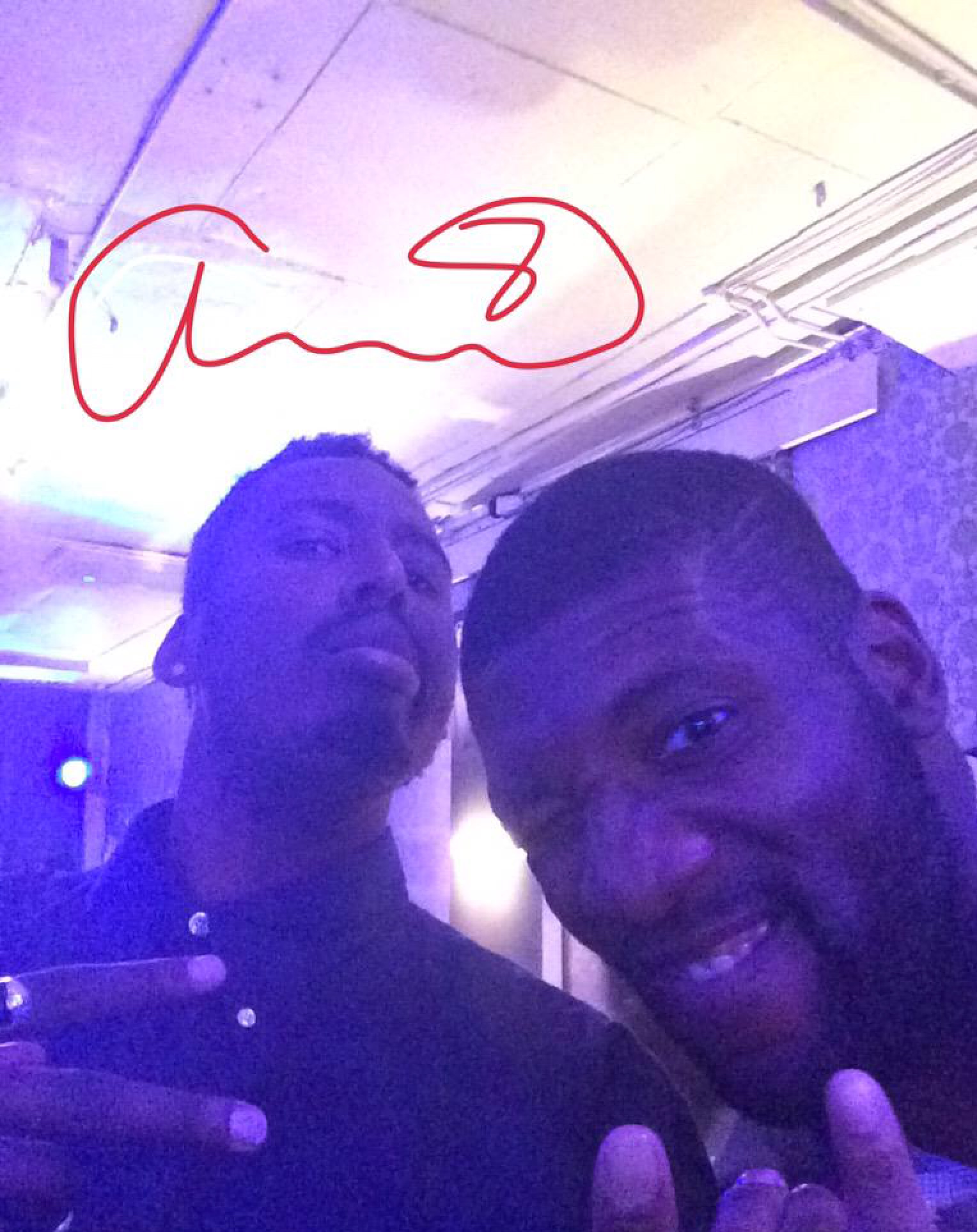Many thought this would never happen.
The 1st of August 2015 saw the first-ever NBA game on African soil in Johannesburg at the Ellis Park Arena. The teams comprised of NBA stars from past and present with eight-time NBA All-Star Chris Paul captaining Team World who were taking on two-time All-Star Luol Deng and his Team Africa.
A stellar supporting cast included household names such Pau Gasol of the Chicago Bulls, his All-Star younger brother Marc and Oklahoma City Thunder centre Serge Ibaka.
https://twitter.com/MsBennyBonsu/status/626736244203069440
https://twitter.com/MsBennyBonsu/status/626305429073735684
Over the last five years of being involved with NBA Africa as a journalist, I’ve seen the work done to grow the game in Nigeria, Senegal, Ghana, Angola and Togo. And now it felt a bit unreal finally to witness this historical event. Others seemed to experience similar emotions. As I stood by the Hyatt Regency Hotel, NBA legend Dikembe Mutombo approached me. The first thing he said was:
‘This is so exciting Benny, I can’t even sleep.’
Non-African NBA players were shocked to witness how beautiful Africa was in reality. Most referred to it as a life-changing experience and that was only on the first day.
Basketball has been a lifeline for many who now play in the league.
Much has been said about the NBA choosing to go to Africa for this game. Some said it was just about the money. Alright, let’s not be naïve. Of course, business matters. The NBA is a global commercial brand. But, for someone who has followed the league for almost 11 years, I have first-hand experience in witnessing the positive impact they have had on children, communities and governments. They have raised many people’s standard of living through NBA Cares, Basketball Without Borders and other outreach efforts.
Basketball has also been a lifeline for many who now play in the league. For athletes such as the Congolese Serge Ibaka and South Sudanese Miami Heat star Luol Deng, basketball helped save their lives. It took them from war and gave them the opportunity to learn, achieve and give back to the communities in which they grew up.
It was heart-breaking at times to listen to both athletes share their stories and their life-journey with young boys and girls who are now where they were when they first started. As Ibaka said, ‘Believe to me, nothing is impossible … I believe these kids can become anything they want in life, if they just believe.’
For the third consecutive year, NBA players, legends and executives visited the SOS Children’s Village in Ennerdale, Johannesburg. It is an organisation that supports orphaned, abandoned and other vulnerable children, in many cases giving them homes in specially constructed communities. It is active in 134 countries and territories.
This is one of the largest commitments the NBPA (National Basketball Players Association) and the NBA Cares team have undertaken, working on a range of projects from refurbishment of the local library to the construction of a new basketball court.
I spent the afternoon watching NBA San Antonio Spurs champion Boris Diaw, Pau Gasol and Wolves forward Gorgui Dieng play a football game with children who have lost everything. People who knew nothing of the NBA fell in love with the game just by seeing the work they do on a community level. Athletes also visited Soweto where they were welcomed like heroes.
But it’s not just about community outreach, Deng says, ‘I think the game is growing and they understand the potential Africa has … Africa is a place where there is a lot of young talent. It is an untouched ground when it comes to the NBA … Two kids who now play in the NBA came from the programme Basketball Without Borders.’
The game itself was a great success. Ellis Park Arena was packed and the audiences were served with the full NBA experience. I’ve attended the NBA All-Star games in New York City, Spain, Istanbul and London and was wowed by the overall experience in Johannesburg.
And there was plenty of fun. Not only did the league and players travel, but the NBA Legends, mascots and African superstar musicians and arena announcers were all there too. There was everything: the stars, the fashion, the music and plenty of chances to sample Joburg’s nightlife. The players sure took advantage of that too.
To seeing it happen live on African soil was magical for people like me. While growing up in Accra, I could only watch African sportsmen playing on TV. Imagine how the new generation of children and young people must feel. They can see people like them from Africa breaking through the glass ceiling.
And the players knew it, as Warriors centre Festus Ezeli said, ‘Being here is one of my dreams because I am coming home with the trophy to inspire kids. I was a kid like them and I went to America and captured the NBA.’


The players and top coaches gave up their summer time to come to Africa because of the motivation, passion and commitment they have for the continent. In 1993 before the fall of apartheid, Nelson Mandela welcomed a delegation of NBA officials and players to South Africa. Sport can unify nations; it can unify continents; and it can truly change the world.
That is why Africa was chosen.


